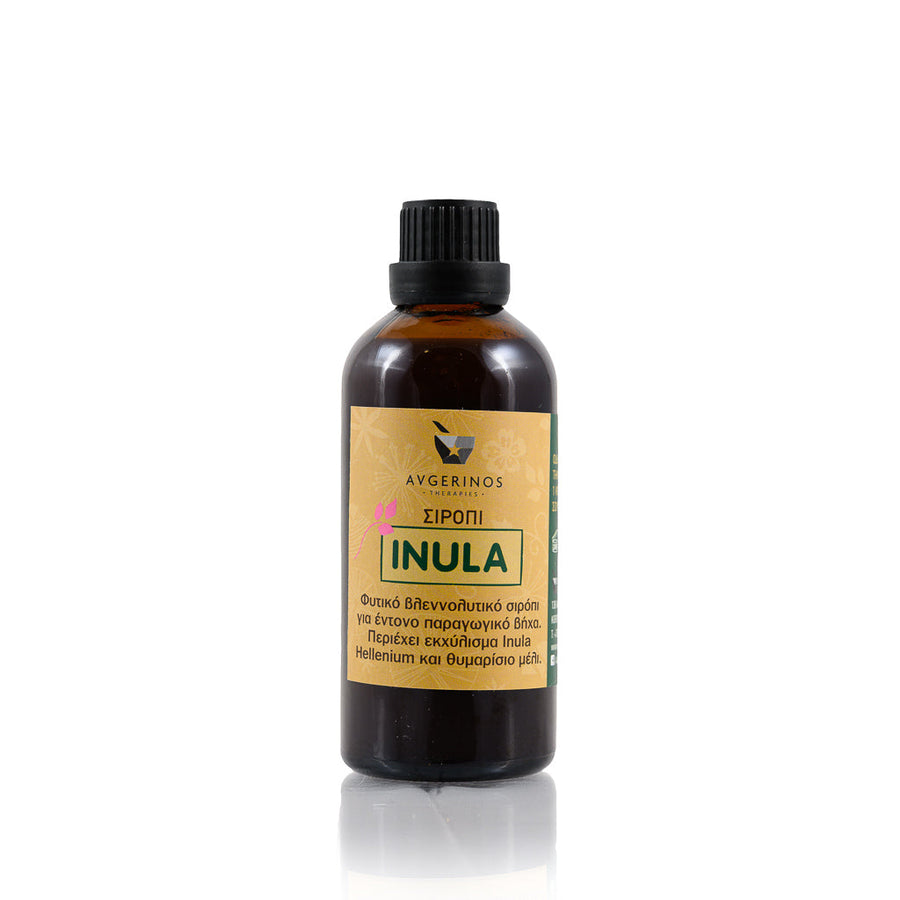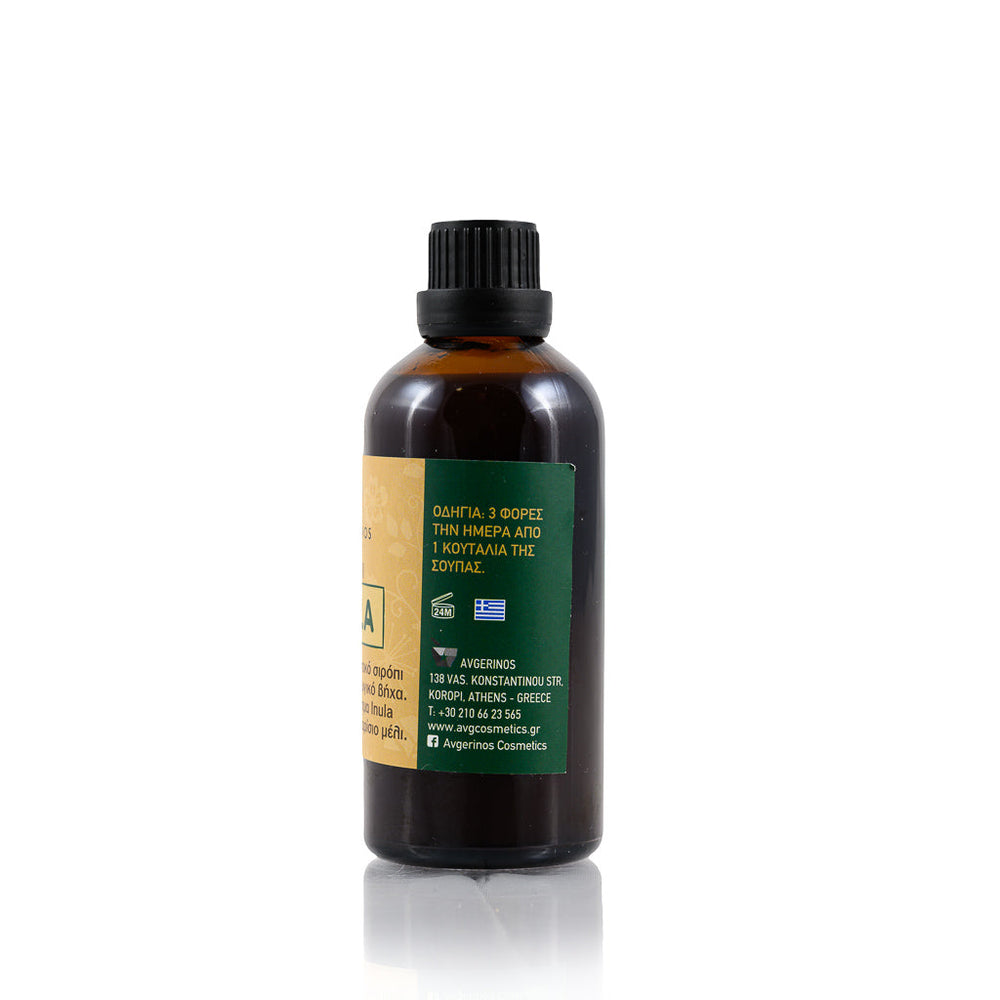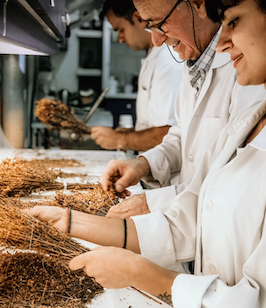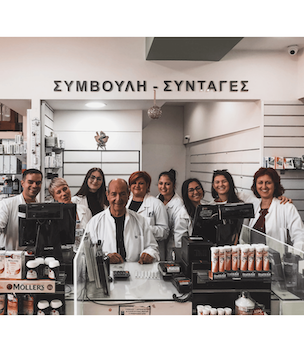TRADITIONAL CHINESE MEDICINE – ACUPUNCTURE
Even if we don't know much about Traditional Chinese Medicine (TCM), in most people's minds it has been associated with acupuncture, herbal medicine, and a type of diet that aims to balance the body. But what is PKI really and how is it related to acupuncture and other practices? What are the roots of this therapeutic method that continues to spread year by year in more and more countries of the world. So let's take a trip back in time to get to know this very important science better.
Chinese Medicine is a type of traditional healing method and philosophy developed in ancient China that aims at physical balance and health.
At the base of science we will meet the terms:
QI = Vital Energy
YIN = Dark Side (cold, inertia, introversion, passive, earth)
YANG = Bright side (warm, action, extroversion, energetic, sky)
FIVE ELEMENTS = Water, Fire, Wood, Metal, Earth
The history of Chinese Science begins around the second century BC. The first medical approach is the texts "The Inner Rule of the Yellow Emperor". This text discusses acupuncture for the manipulation of Yin and Yang and the influences of the natural environment on the functioning of the human body.
The Yellow Emperor's Inner Rule texts have been the most influential treatise for more than 2,000 years presenting views on the workings of the human body and the natural world that remain the core ideas believed by modern practitioners today. Traditional Chinese Medicine. Qi, Yin and Yang are described in these texts, as are the Five Phases of nature (wood, fire, earth, metal, water).
According to the theory of PKI, man is seen as the microcosm of the universe that goes hand in hand with the five elements that hold the vital energy Qi. The five elements move within the body's energy pathways, known as meridians, which correspond to specific organs. The different emotions that the organs absorb are an important part of Chinese medicine treatment.
Acupuncture
Acupuncture is one of the main tools that PKI uses to treat or manage many diseases. It is based on keeping the life force moving through the 12 meridians and eliminating stagnation. The 12 meridians consist of a complex network without material or anatomical substance. With the use of special needles on specific parts of the body, the balance is restored, the elimination of cold, phlegm and any other condition that disturbs the internal environment
body. An important part of this practice is the silent arrangement of
emotions that the organs have accumulated from life experiences.
The 12 meridians are:
Lung, liver, gall bladder, large intestine, stomach, spleen, heart, small intestine, bladder, kidney, pericardium, triple heater.
Nutrition - herbal medicine
Nutrition and herbal therapy in PKI is a necessary means in the healing pyramid to restore the five elements and the sufficiency of the vital energy Qi. Both diet and herbal therapy should be in keeping with the seasons, the age of the person, the state of their health and the area in which they live. It is also given
emphasis on restoring the body according to nature's circadian rhythm.
Foods are distinguished by the thermal or cold effect they leave on the body, while they are classified according to the element they represent, e.g. legumes - air, fruits - water, etc. The recommended therapeutic diet is both for the nourishment of the body and for the balance of the opposite YIN-YANG principles. Fasting to eliminate excess fluid is one of the common detoxification methods used in Chinese medicine.
Other methods involved in Chinese Medicine treatment are the burning of herbs near the area of the body in need – Moxa, the suction cups that relieve the body of pain and tension. Finally, gentle exercise in the form of Tai Chi and Qigong is recommended which increases energy levels, improves mobility and helps with good sleep.
Traditional Chinese Medicine is a complete medical system with unique principles that differ from Modern Classical Medicine. The fact that it has been practiced unchanged even today, for more than 4,000 years, indicates the validity of its therapeutic value. Apart from China, acupuncture has been appreciated and officially practiced in other countries for the treatment of musculoskeletal disorders, nervous system, hormonal problems,
digestive disorders, insomnia, etc.













Leave a comment